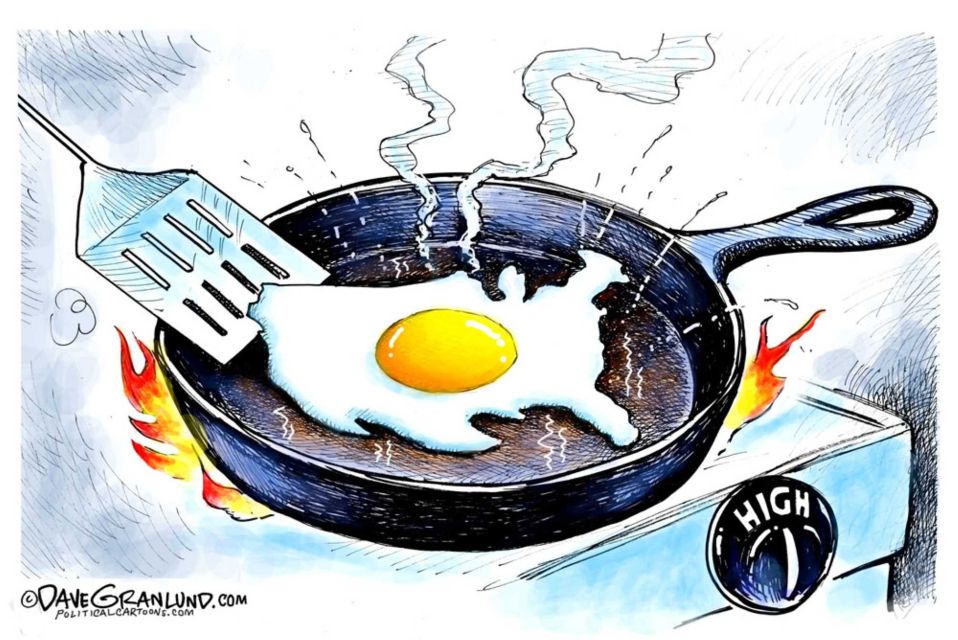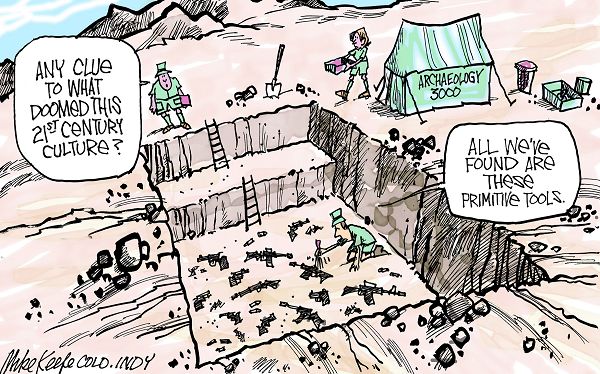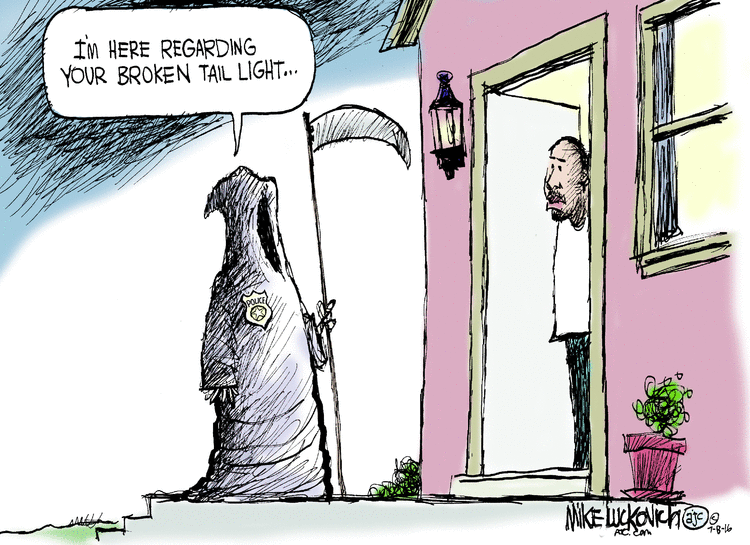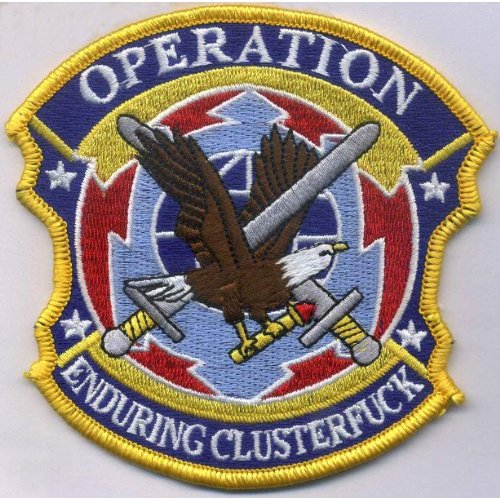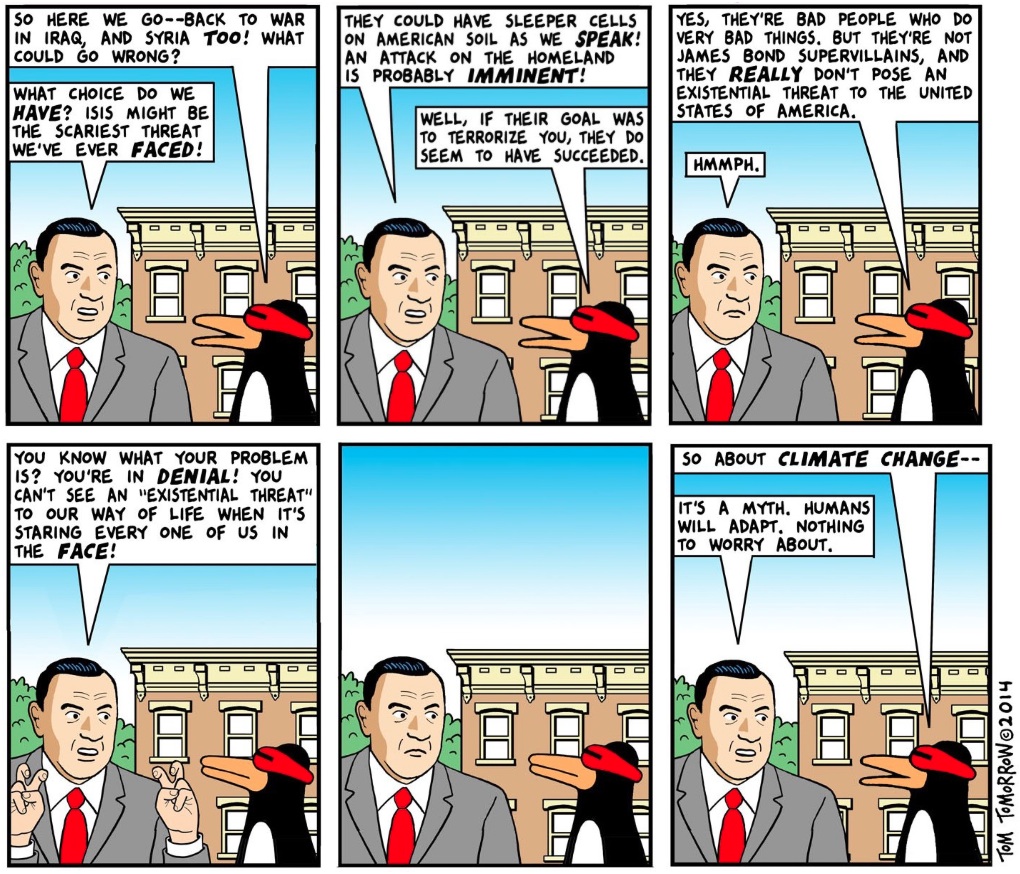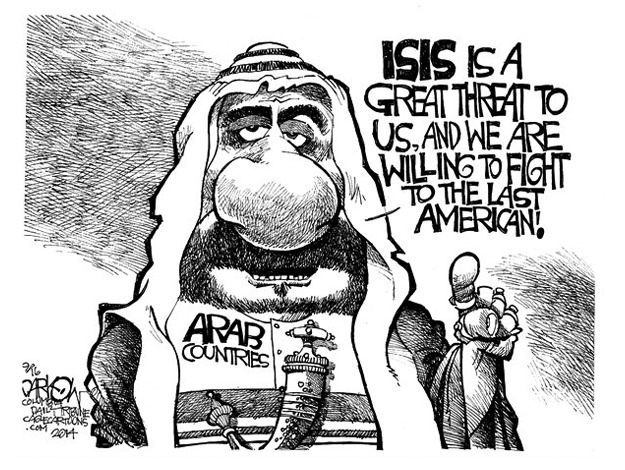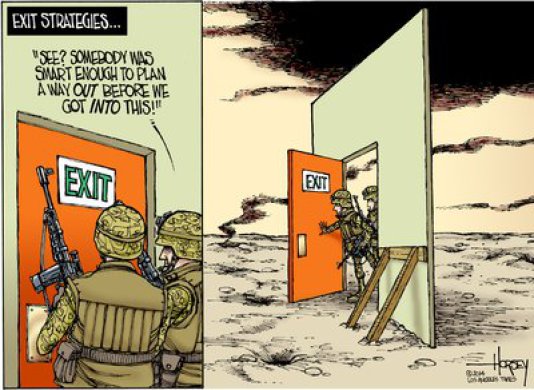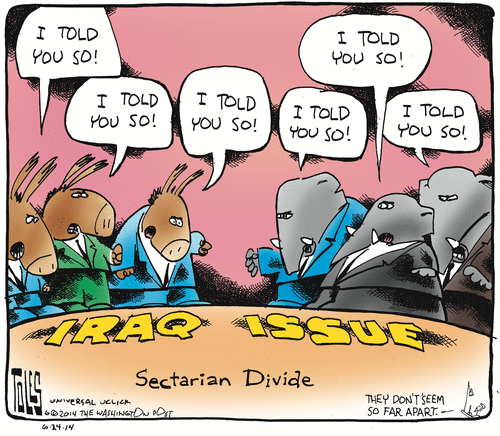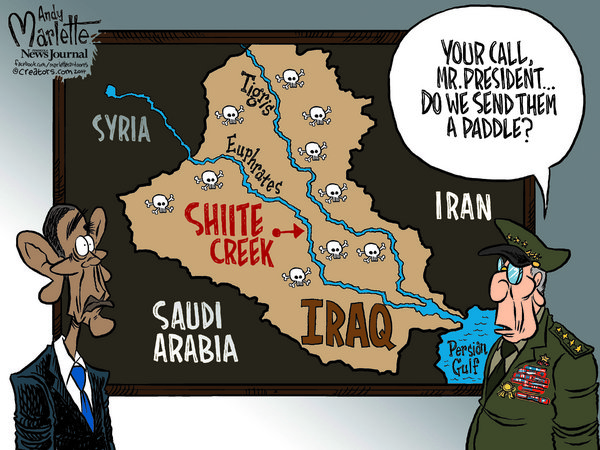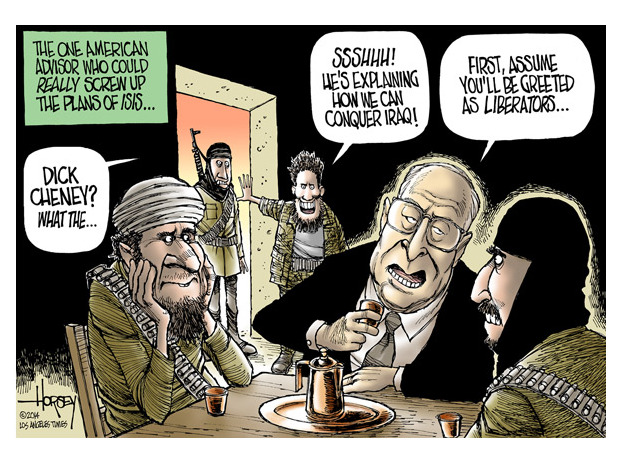The Kurds are on the verge of creating a homeland of their own, despite Iraq and US efforts to avoid it. If they do, the Middle East may never be the same. The Wall Street Journal had an interesting report about the possibility of an independent Kurdish state:
Amid an imploding Middle East ravaged by religious hatreds, the Kurds are providing a rare bright spot—and their success story is finding fresh support and sympathy in the West. By contrast with the rest of the region, all the main Kurdish movements today are broadly pro-Western and secular.
There are 30 million Kurds in the ME and only 4.5-6 million live in Iraq. Their language, Kurdish, is part of the Indo-European family of languages—close to Persian (Farsi) but unrelated to Arabic or Turkish.
Unlike Iranians, who are mostly Shiite Muslims, most Kurds are Sunnis. Despite that, they are confronting the Sunni ISIS, and the Shiite-supported Syrians.
Here is a map of the potential Kurdish state:
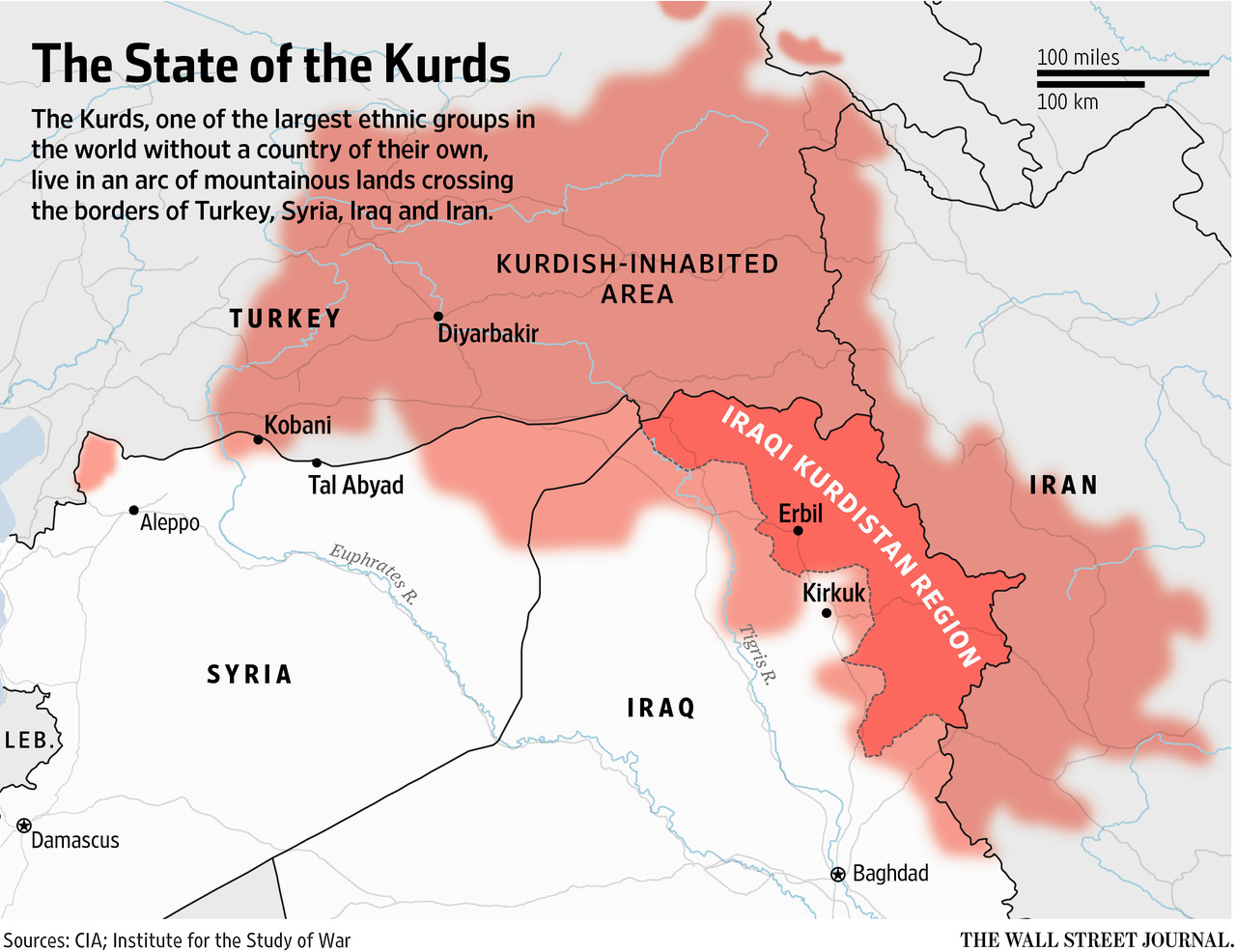
In Iraq, the autonomous Kurdish Regional Government, (KRG), was adopted by the new Iraqi constitution after the US invasion. Kurds control their own affairs. This has allowed the Kurds to achieve a boom in investment and construction that has produced new highways, hotels and shopping malls.
The Kurdistan government in northern Iraq maintains its own armed forces, known as the Peshmerga (literally, “those who confront death”), and no Iraqi troops are allowed in the region. The KRG controls its own borders, and Westerners can fly into the region’s capital, Erbil, without a visa. Kurdish is used everywhere as the official language, and few young Iraqi Kurds can speak fluent Arabic.
Yet, political divisions hamper the Kurds’ fight against ISIS, and their prospects for self-rule. Only a minority of Peshmerga brigades on the front lines are under KRG command, while the rest still report directly to one of the two rival political parties, the Kurdistan Democratic Party or the Patriotic Union of Kurdistan.
From a regional perspective, Iran has a significant Kurdish minority that it has suppressed in the past. Now, it is strengthening ties with the KRG, since Iran views the KRG as an ally in the fight against ISIS.
In Syria, the civil war has enabled Kurds to set up a wide area of self-administration in the northeast of the country, eliminating the border between Syrian and Iraqi Kurds, who now travel back and forth across it without visas.
And in Turkey, decades of outright denial of the existence of Kurds, (they called Kurds “Mountain Turks”) led to a bloody war between the Turkish state and the Kurdistan Workers’ Party, or PKK. The fighting ended only after a cease-fire was proclaimed in March 2013. The PKK was once an ally of the Assad regime, and is still classified as a terrorist group by the US and Turkey.
But, in the just-concluded Turkish elections, Kurds voted for the Kurdish People’s Democratic Party, or HDP, which won 13% of the national vote and gained 86 seats in the Turkish parliament. The Kurds demonstrated they can serve as check against the anti-democratic aspirations of Turkey’s President Erdogan.
But neither the Iraqis nor the US want an independent Kurdistan, despite the possibility that Kurdistan as an independent state would be a buffer against the expansion of ISIS. They act as a “Northern Front” in the war against ISIS, and ISIS will be forced to commit resources to the area, as demonstrated by the Kurds seizing the crucial border crossing, Tal Abyad, cutting ISIS supply lines and uniting Kurdish areas that now stretch from Iraq halfway to the Mediterranean Sea.
Yes, an independent Kurdistan would mean the “fragmenting” of Iraq, which Mr. Obama does not support. But Iraq was never a real country; it was cobbled together after WW1 by European bureaucrats drawing arbitrary lines on a map, with no thought to historical or cultural realities. Like Humpty Dumpty, no one knows how to put those historical anomalies “Syria” and “Iraq” back together again. They’re going to be a mess for a while.
The Kurds are different. They have the makings of a state − an area that enjoys the allegiance of its people, has civil order that allows it to raise taxes and create an effective army. It is doubtful that the US will formally recognize a Kurdish state anytime soon, but the ME is a place where that is irrelevant.
No need to recognize the Kurds as a state, just treat them like one. Buy their oil (as Israel does), and give them weapons and humanitarian aid.
They may richly repay the investment.



